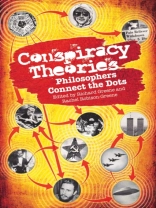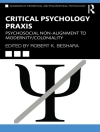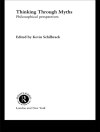Conspiracy theories have become a major element in modern opinion formation. From the theory that the killing of President Kennedy was masterminded by a powerful conspiracy to the theory that 9/11 was an inside job, from the story that Barack Obama wasn’t born in America to the story that Donald Trump was a Russian asset, conspiracy theories have become a major element in opinion formation and an ever-present influence, sometimes open, sometimes hidden, on the daily headline news....
Conspiracy theories have become a major element in modern opinion formation. From the theory that the killing of President Kennedy was masterminded by a powerful conspiracy to the theory that 9/11 was an inside job, from the story that Barack Obama wasn’t born in America to the story that Donald Trump was a Russian asset, conspiracy theories have become a major element in opinion formation and an ever-present influence, sometimes open, sometimes hidden, on the daily headline news. In Conspiracy Theories, philosophers of diverse backgrounds and persuasions focus their lenses on the phenomenon of the conspiracy theory, its psychological causes, its typical shape, and its political consequences. Among the questions addressed: What’s the formula for designing a contagious conspiracy theory? Where does conspiracy theorizing end and investigative reporting begin? What can we learn about conspiracy theories from the three movie treatments of the Kennedy assassination (The Parallax View, JFK, and Interview with the Assassin)? Does political powerlessness generate conspiracy theories? Is conspiracy theorizing essentially an instinct that lies behind all belief in religion and all striving for a meaningful life? Can we find conspiracy theories in all political movements for centuries past? What are the most common types of fallacious reasoning that tend to support conspiracy theories? Is there a psychological disorder at the root of conspiracy theories? Why is the number of flat-earthers growing?












